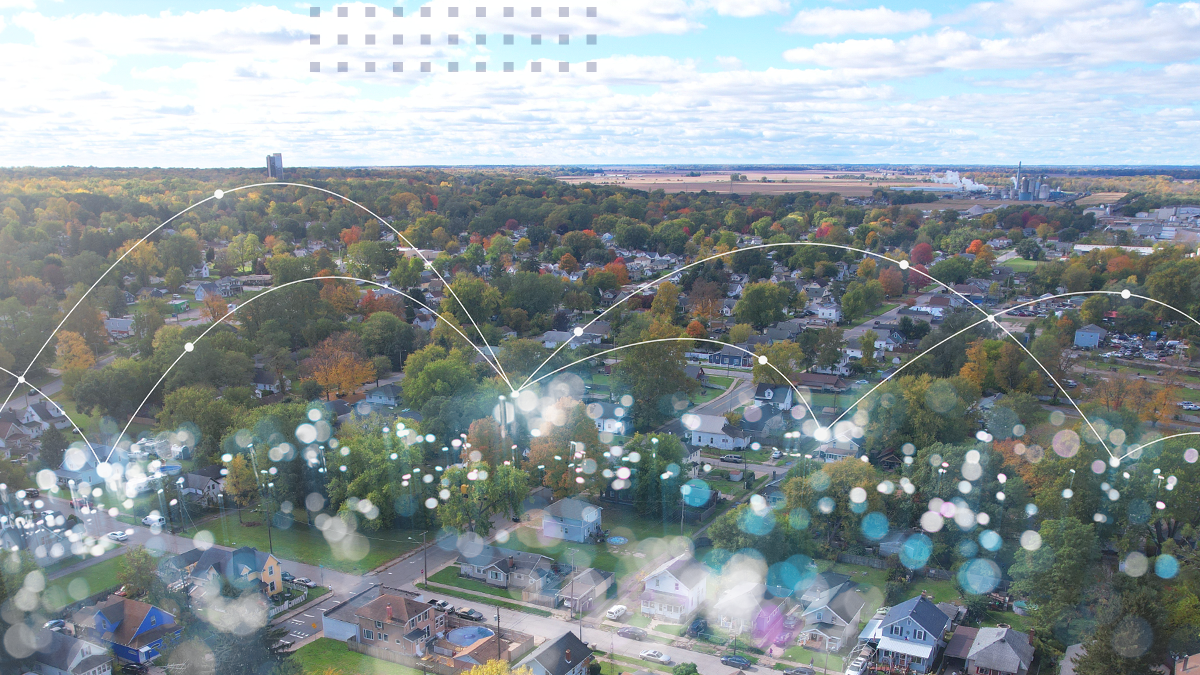Top 3 Challenges and Solutions for Municipalities Offering Broadband

If municipalities don’t adhere to a well-balanced rollout plan for offering broadband, there can be a risk of a single large provider swooping in, taking ownership of the network and its services, and becoming the only broadband option in town.
This moves the positive aspects of local broadband, like economic vitality, rich competition, and workforce development, to a location often outside of the municipality’s jurisdiction. Financial benefits also move with it—leaving the city without profitable reward. And many large providers may not be well-suited to serve underserved or unserved locations, the heart of many federal and state broadband initiatives and funding.
On the other hand, navigating these challenges carefully can result in a win-win situation. Municipalities should explore a model where they own the infrastructure but can leverage private and experienced broadband service providers and relevant businesses for cloud-based software, billing, support, marketing, operations, and more. This allows everyone to put their best foot forward and focus on what they do best.
Here are three of the top challenges—and the solutions—for municipalities that want to offer broadband.
- Challenge 1: Letting one large outside provider take over broadband for the entire city, either from the onset of the project or eventually if retail service providers (RSPs) are acquired due to high infrastructure debt.
Solution: An open access network where the municipality owns the network infrastructure but allows multiple RSPs to use portions of the network and sell their services.
- Challenge 2: The municipality cannot invest in supporting the ongoing needs of a broadband business, including customer support, network maintenance, marketing and sales, and operations management.
Solution: Allow and encourage RSPs to leverage existing private sector partners who offer cloud-based platforms, technical support, and go-to-market strategies.
- Challenge 3: Concern that multiple RSPs won’t understand the unique needs of the local community.
Solution: Allow not only large providers to compete. Seek out other local champions as RSPs, including non-profits like cooperatives and smaller private groups like local cable companies and WISPs.
For many municipalities, the road to delivering broadband can seem overwhelming. However, with the right model and partners in place, you can leverage the strengths of your position in local government with the newest technologies and offerings from cutting edge broadband service providers—and the companies that support them.
To learn how municipalities can deliver broadband with public-private partnerships, download our eBook, “Building Public-Private Partnerships for Successful Municipal Broadband Deployment.”
Related Articles




